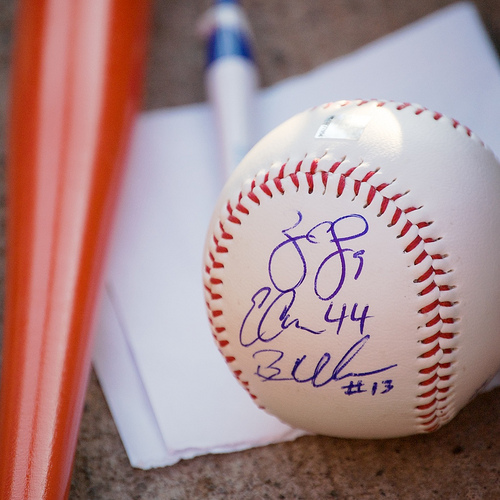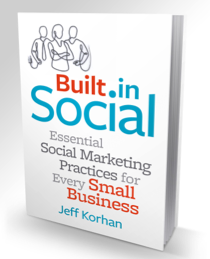
Marketing expert Seth Godin has more than once noted that a book is souvenir – a vessel for ideas that allows them to be readily used and shared.
I believe we can further expand on that idea.
Have you ever considered that the products and services your small business creates are souvenirs too?
What Exactly is a Souvenir?
We often think of souvenirs as relatively low-value items that are purchased or received for free as a memento of an experience with a place, occasion, business, or organization.
However, the original and primary definition of souvenir is to remember or come to mind.
Doesn’t every business aspire to be memorable?
Isn’t this purpose of your marketing, sales, and customer service? And most significantly: aren’t the best products and experiences more memorable than their counterparts.
Like books, you want your products and services to be used and shared, as that sharing is what leads to viral marketing. This is what makes them social objects – and that creates profitable outcomes in this business environment in which consumers have a voice.
The value of a souvenir is meaningless – it could be large or small. The only reason the word is associated with inexpensive items is because that is how it has been typically used.
As the definition suggests, you can apply it to your business to make it more relevant and memorable, especially in this connected economy.
Why Do Souvenirs Work?
Souvenirs ideally reinforce emotional connections. When it comes to business, logic builds value and creates alignment with buyers; but it is nearly always emotion that results in the necessary trust that delivers a sale.
When a sale is consummated, the product is the souvenir – a reminder of exchanged or shared value with your business. Is that souvenir strong enough to stand on its own, or should your business have a follow-up process in place to further enhance its value?
Think about that.
Fans Buy Souvenirs
Sports fans spend a great deal of money on memorabilia to enjoy a stronger connection to a player or a team – and that’s also why some of your customers regularly buy from you.
Sport teams represent a community. The fans are the people associated with it (or want to be). That real or implied affiliation is powerful.
How can you create a similar feeling of community with your tribe – the buyers and influencers that support your business?
Of course, you know that you have all of these social media channels to make that happen. Your blog, Facebook page, newsletter, or Google+ community are all ideal for building community.
Successful marketing today is not something you do to buyers – but with them. It’s a collaboration, one that encourages inclusivity, even intimacy.
Are you ready to get friendlier with your community of fans that share your good works as they would a souvenir?
Hold that thought as you reconsider your social marketing.
About the Author: Jeff Korhan, MBA, is the author of Built-In Social: Essential Social Marketing Practices for Every Small Business – (Wiley)
He helps mainstream businesses adapt their traditional growth practices to a digital world. Connect with Jeff on LinkedIn, Twitter, Facebook, and Google+.


